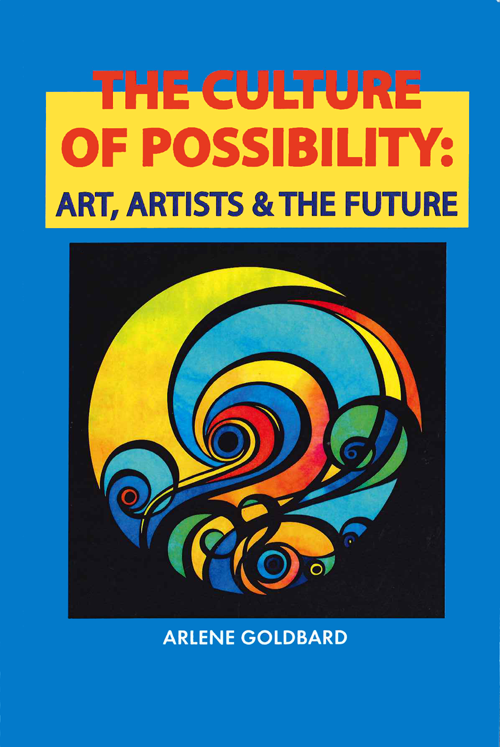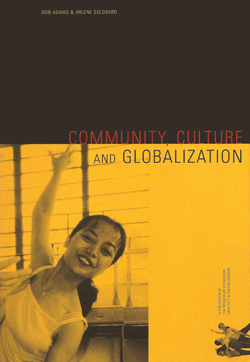Arlene Goldbard
Arlene Goldbard
What comes to mind when you hear the phrase cultural policy? Given the GIA Reader’s audience, I imagine answers that run the gamut from dry-as-dust studies to brilliant proposals for weaving new cultural fabric.
But in my role as Chief Policy Wonk for the U.S. Department of Arts and Culture (USDAC), when I set out to write about our new generative cultural policy proposals in An Act of Collective Imagination: The First Two Years of the USDAC’s Action Research, I had a whole different audience in mind: people who may never have heard the phrase before.
Read More...
Arlene Goldbard. 2013, 185 pages, Waterlight Press
The Wave
Arlene Goldbard. 2013, 129 pages, Waterlight Press
Read More...On May 12th, more than 60 artists and creative organizers engaged in civic participation, community development, education, social justice activism, and philanthropy came together for a White House briefing on Art, Community, Social Justice, National Recovery.
Read More...2008, 77 pages. Imagining America, 203 Tolley Building, Syracuse University, Syracuse, NY, 13244, 315-443-8590, www.curriculumproject.net
Read More...New Year's Day, 1980, found Arlene Goldbard living in Washington, D.C. monitoring and reporting on our nation's de facto cultural policy. The fact that Arlene was doing this says a lot about the leadership role that many of us were counting on the federal government to play in leveling the field so that our many U.S. cultures would have an equal chance to express themselves, to develop, and, inevitably, to cross-pollinate. It was a substantial and beautiful vision then, and remains so today.
Read More...
2002, 376 pages, free. New York: The Rockefeller Foundation Creativity & Culture Division.
Read More...